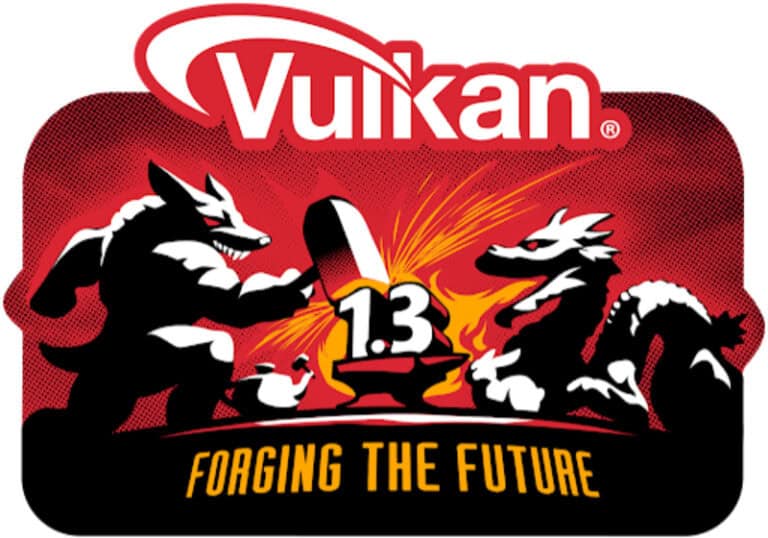Now that Copilot+ PCs with Snapdragon X chipsets are starting to pick up steam, you might expect to see more tools that help developers create Arm-native apps and games. Enter the new Vulkan SDK beta (v1.3.290.0). This has just become available for developers who want to build Vulkan API apps for Windows on Arm.
This beta comes with Arm64x layers for debugging x86_64 Vulkan binaries. Essentially, this is a translation layer, allowing apps originally created for x86_64 systems (Intel/AMD) to run and be debugged on Arm64 devices without having to build them from scratch. Also, this SDK comes with a native Arm64 shader toolchain. This is a set of development tools specifically designed to create shaders for applications running on Arm64 architecture.
Installing the SDK is not very different from installing the standard Vulkan SDK. However, the DXC library, executable, and GFXReconstruct layer are still missing. According to Vulkan maker Khronos Group, these will appear in future versions. A native Vulkan Hardware Caps viewer build is also still some time away. The latter tool helps developers analyze a system’s GPU capabilities in relation to the Vulkan API they are working with.
Libraries and file names remain the same
The beta SDK retains all existing file names and libraries, so the expectation –and hope– is that porting apps and games to the Arm64 development environment will be relatively easy. Developers ready to take the plunge should have access to a computer running Windows 11 on Arm (64 bits), a Vulkan Installable Client Driver from their GPU vendor, 8 GB of memory and about 1 GB of storage to install the SDK.
Vulkan is a platform-independent, low-level graphics & compute API that gives developers more direct control over GPU resources and operations than older graphics APIs like OpenGL and DirectX 11. It is especially suited for demanding processes such as games, 3D graphics, VR/AR, and simulations.
Also read: These are the new Copilot+ PCs from Samsung, ASUS and Acer
